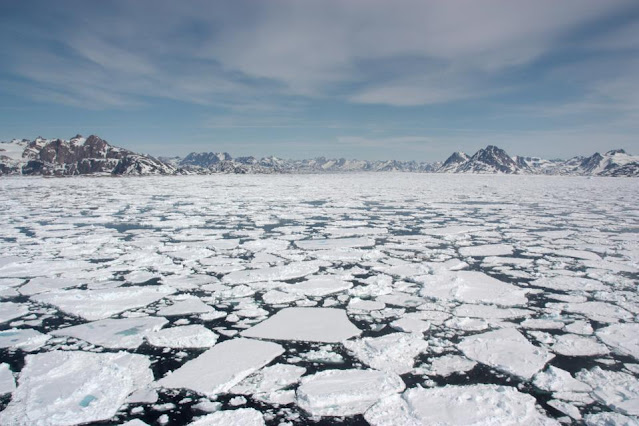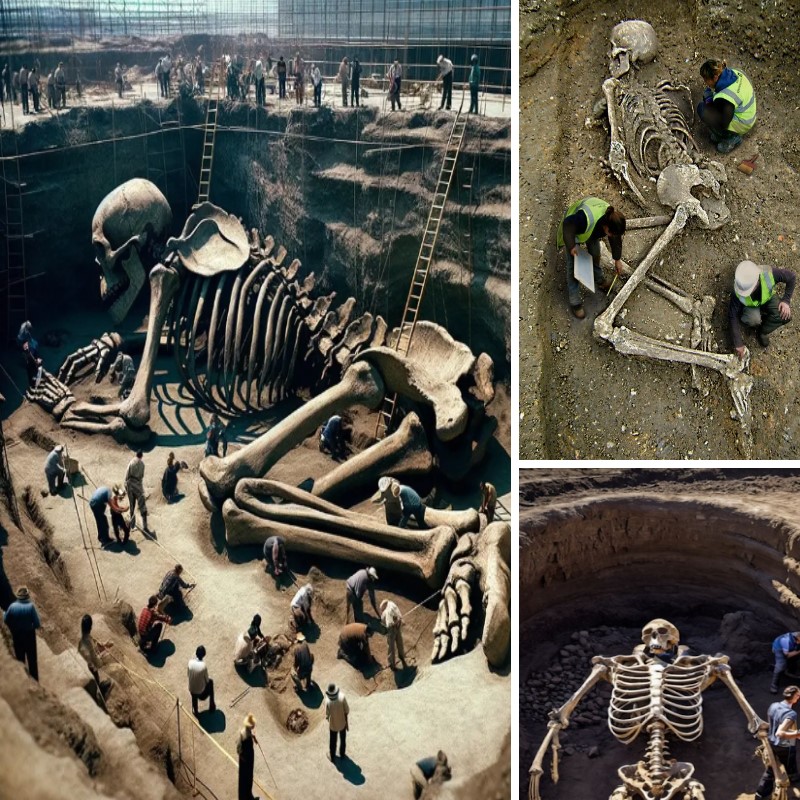
Planet Earth has recorded its shortest day since scientists began using atomic clocks to measure the speed of its rotation.
Earth’s time systems can prove fairly baffling for anyone who doesn’t have a PhD in Horology, as we learnt the hard way trying to figure out why the clocks were going forward as a 𝘤𝘩𝘪𝘭𝘥 – only understanding that we were being dragged out of bed for school an hour earlier than the week before.
But the plot thickens further still, as Earth is actually spinning faster than it used to and recently recorded a time that was the fastest scientists had ever seen.
On 29 June 2022, Earth completed one spin in 1.59 milliseconds less than its usual 24-hour rotation, in turn setting the record for the shortest day – and the latest in a series of speed records for our planet since 2020.
 It’s possible that melting of glaciers put less weight on rock at the poles, which therefore rebound upwards and makes the planet rounder. The effect of that could make it spin more quickly and could even slightly change its tilt.
It’s possible that melting of glaciers put less weight on rock at the poles, which therefore rebound upwards and makes the planet rounder. The effect of that could make it spin more quickly and could even slightly change its tilt.
And it came pretty close again more recently, having completed the spin in 1.5 milliseconds shorter than 24 hours.
How fast is Earth rotating?
However, in the last few years the atomic clocks have shown that Earth rotation is now speeding up. In fact, we could be beginning a 50 year period of shorter days.
In 2020 scientists recorded the 28 shortest days since 1960. Last year that trend did not continue, with the shortest day in 2021 being longer than in the previous year.
However, on June 29, 2022 our planet completed its quickest-ever spin, followed quickly by a day that lasted 1.50 milliseconds less on July 26, 2022.
The previous record for the shortest rotation was July 19, 2020, when the Earth’s rotation took 1.4602 milliseconds less than 24 hours.
As reported by Time and Date, the current downward trend in the length of the shortest day could be linked to Earth’s ‘inner or outer layers, oceans, tides, or even climate’, but scientists remain unsure.
At the forthcoming annual meeting of the Asia Oceania Geosciences Society, which takes place next week, Leonid Zotov and colleagues Christian Bizouard and Nikolay Sidorenkov will argue that the decrease may be related to the ‘Chandler wobble’, the term given to a small and irregular movement of the geographical poles across the surface of the globe.
Reference(s): Time and Date





